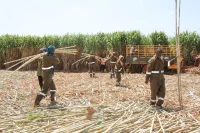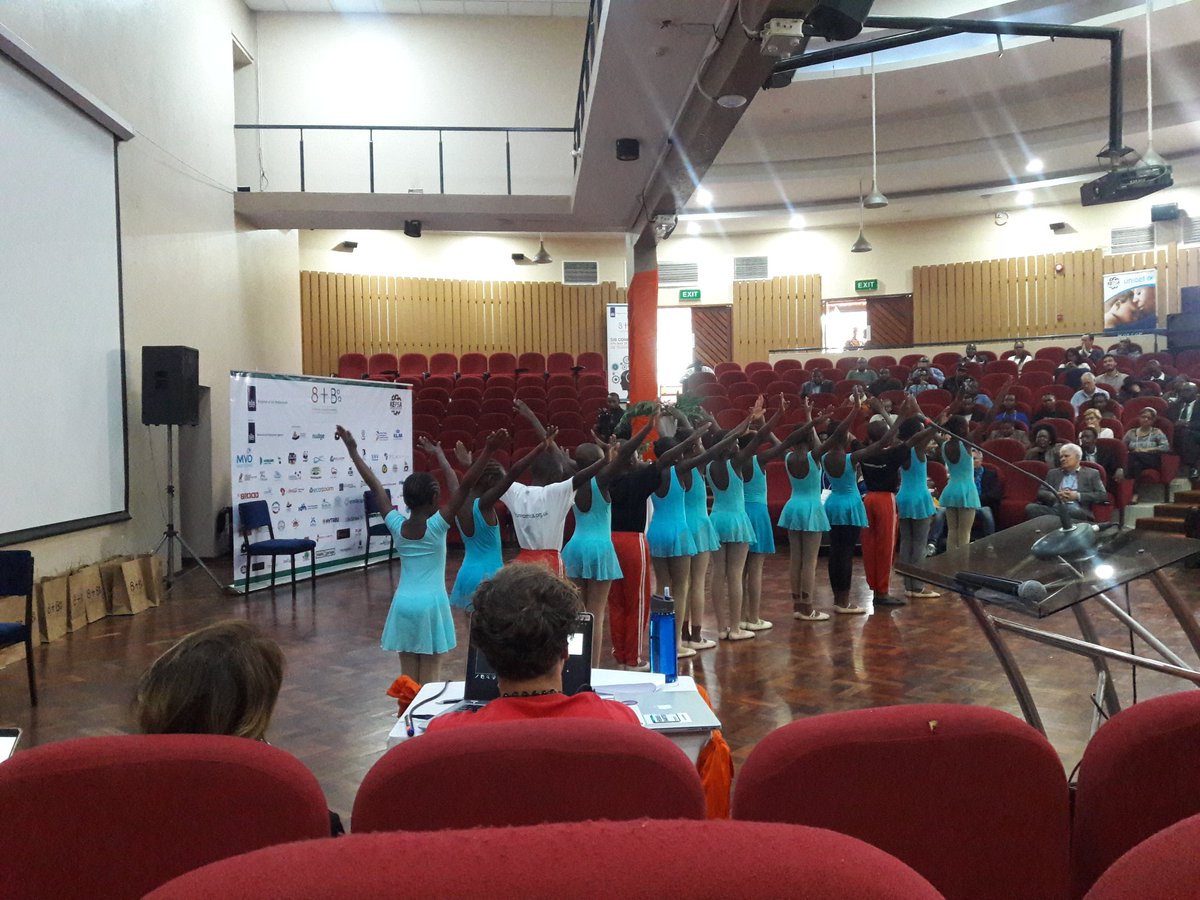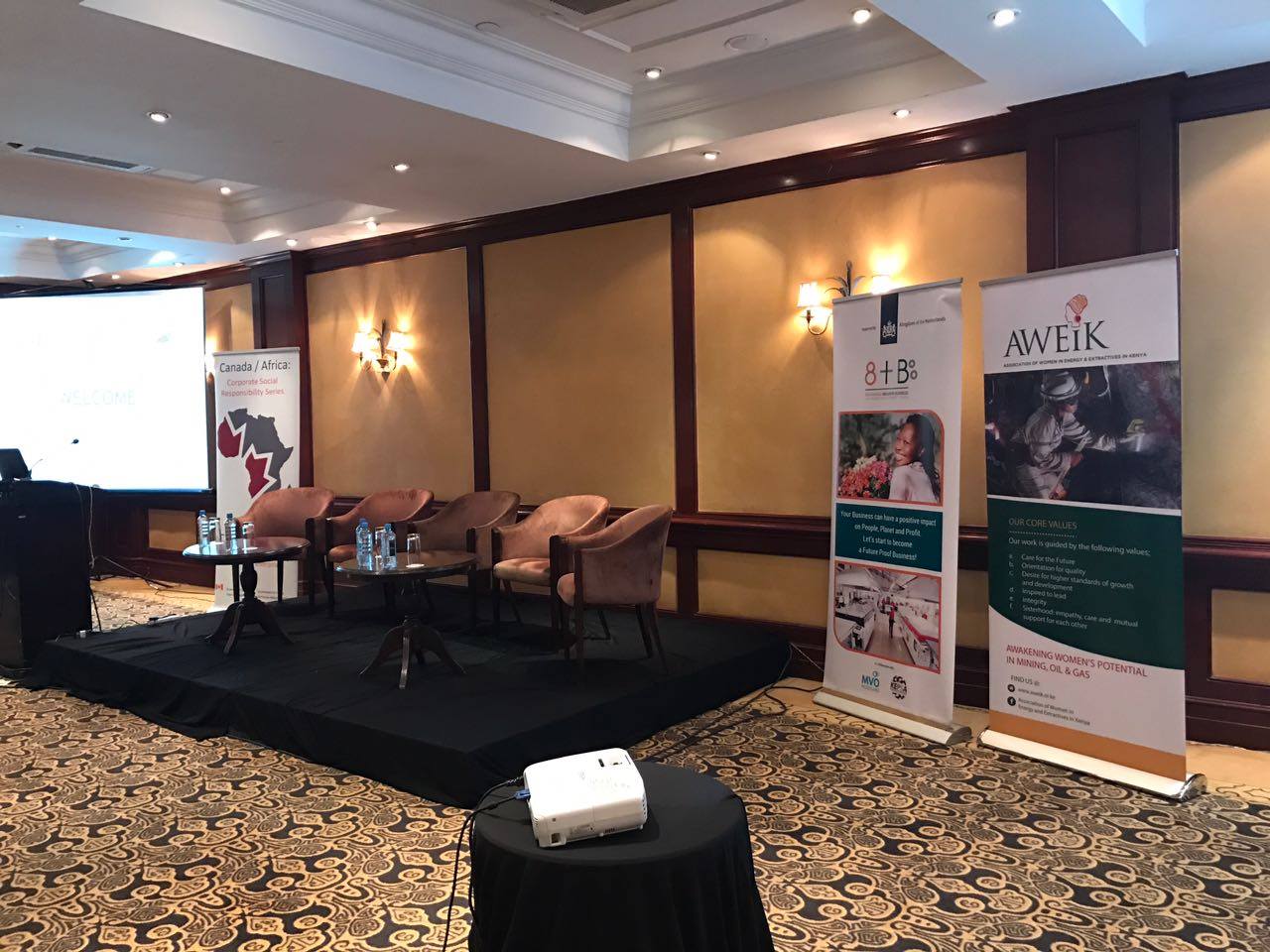Delegates attending the 4th Private Sector Conference on Sustainable Inclusive Business (#Sustainabilityconference2019) held at the United States International University (USIU), Nairobi on Friday last week were a little taken aback when they arrived for lunch to find there was no meat being served at the function.
That compounded on another unusual thing that they had found out earlier in the day, no bottled water was being served at the event, all the delegates had been advised to carry with them re-usable bottles but they made light work of the advisory opinion.
Ms. Karin Boomsma, the Director of Sustainable Inclusive Business, the organizer of the event, said they are leading by example and that’s why all their meetings are designed to be green.
“Producing 1kg of meat requires as much as 20,000 litres of water compared to 1kg of wheat which requires between 500 and 4,000 litres of water,” said Ms. Boomsma while explaining the rationale behind the new requirements.
Conference organisers had arranged for a central water point from where delegates could refill their reusable bottles. The aim was to avoid use of plastic water bottles which are known to block water ways and poison both land and aquatic life.
The meeting sought to, among things, influence and help shape policy, inspire businesses to think and act differently and spur citizens to lead within their own spheres of influence on issues of circular economy and sustainable inclusive business.
“Why bother about circular economy? Isn’t everything going on just fine? Aren’t businesses thriving and making money,” posed Boomsma.
{Read: Kenyan buildings inspired by nature}
She said the current economic model, Linear Economy was a threat to sustainability and without sustainability we cannot have a future worth looking forward to.
Linear economy is simply take, make, waste economic model. It is an out-dated energy system. It assumes that resources are infinite and that irrespective of how we use them, they will always be there for the benefit of humanity.
{See also: Climate change to increase Tana River Basin rainfall by 43%}
Boomsma listed the unfolding water crisis, the plastics menace and electronics waste crisis to underscore the urgent need for circular economy.
On the plastics menace, Boomsma says the problem is that there is no proper take back system which allows product users to give back used carrier bags, PET bottles and other waste in an efficient and convenient manner.











Leave a comment